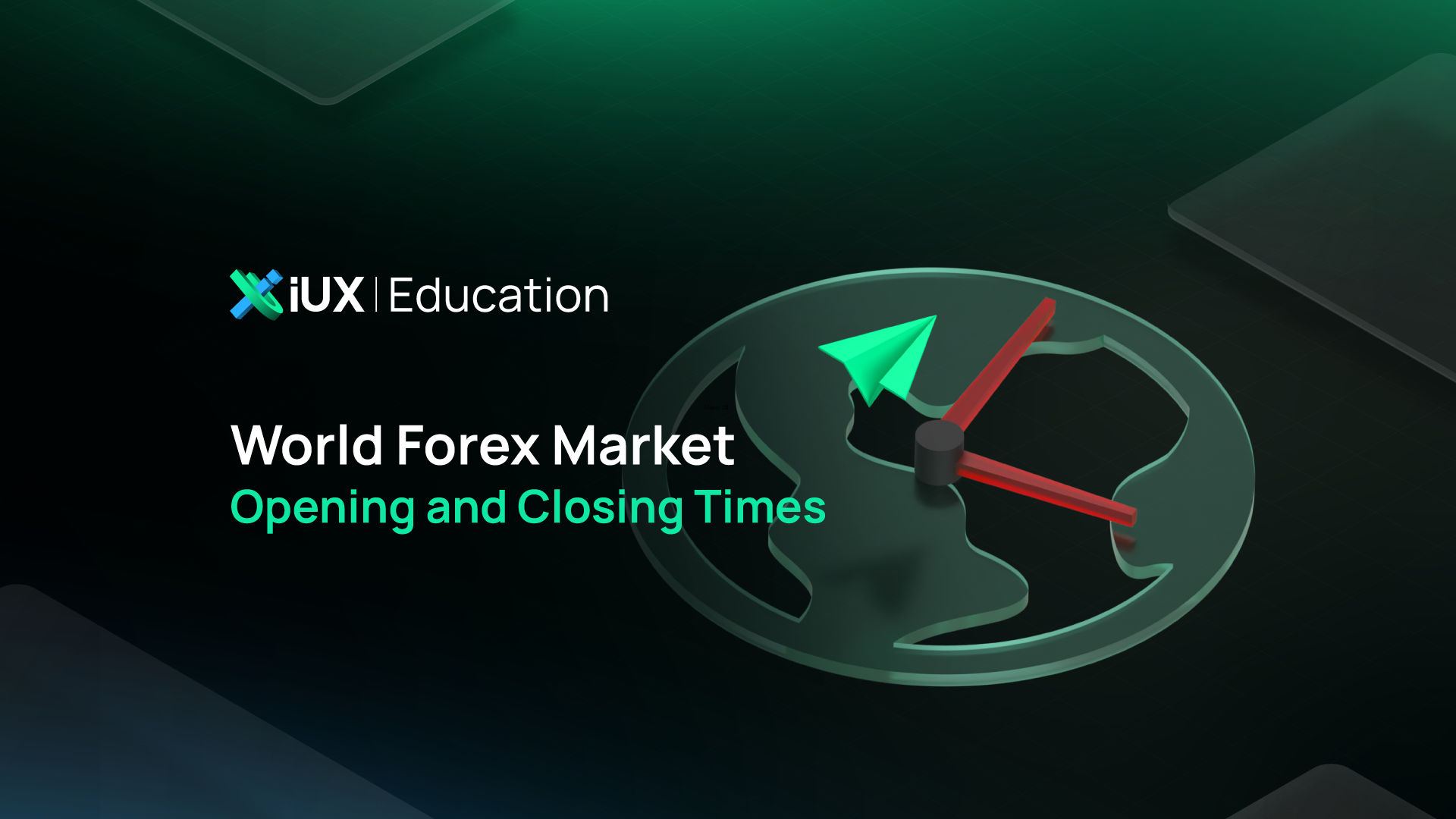
Economic News That Impacts Forex: What Traders Need to Watch
Economic News That Impacts Forex: What Traders Need to Watch
The Forex market is constantly influenced by economic factors. Currency pair price movements do not happen randomly; they are driven by clear causes, particularly economic news that directly affects central bank policies, interest rates, and investor confidence in financial markets.
For traders looking to maximize profit opportunities and reduce trading risks, keeping track of economic news that impacts currency values is essential. These events can trigger sharp and rapid price movements, presenting opportunities for some traders while posing significant risks for those who are unprepared.
In this article, we will explore the key economic news events that have the greatest impact on the Forex market and how traders can monitor them effectively to gain an advantage.
Central Bank Announcements and Monetary Policy
Central banks of various countries set monetary policies, which have a direct impact on interest rates, currency values, and overall economic trends. Changes in these policies can cause currencies to appreciate or depreciate rapidly.
Key news events in this category include:
- Interest Rate Decisions
- Central Bank Statements
- Monetary Policy Meetings (FOMC, ECB Meeting, BOJ Meeting)
If a central bank announces an interest rate hike, the currency of that country usually strengthens, as investors seek higher-yielding assets. Conversely, if the central bank signals a rate cut, the currency typically weakens due to lower returns, prompting capital outflows.
Additionally, statements from central bank leaders—such as Jerome Powell, Chair of the Federal Reserve, or Christine Lagarde, President of the European Central Bank—often create significant market volatility. Traders closely analyze these statements to anticipate future monetary policy moves.
Access the latest central bank updates instantly with IUX. Our platform delivers real-time analysis and trading tools that help you react quickly to interest rate changes and policy shifts.
Open your IUX account today and trade smarter!
Inflation and Consumer Price Index (CPI)
Inflation is a key indicator that central banks use to shape monetary policy. The Consumer Price Index (CPI) directly reflects inflation levels. If inflation rises higher than market expectations, the central bank may be forced to increase interest rates to curb inflationary pressure, which often strengthens the currency.
However, if inflation is too low, it could indicate economic slowdown. In such cases, the central bank may adopt a more accommodative monetary policy, such as cutting interest rates or implementing stimulus measures, which generally weakens the currency.
Employment Data and Unemployment Rate
Labor market data is another key factor influencing the Forex market, particularly the Non-Farm Payrolls (NFP) report from the U.S., released on the first Friday of each month. This report serves as a major indicator of economic health. If the NFP data exceeds market expectations, it signals economic growth, often leading to a stronger currency.
นชAdditionally, traders should monitor the Unemployment Rate and Jobless Claims, as these metrics provide insight into labor market conditions. A rising unemployment rate may indicate economic slowdown, which can weaken the currency due to concerns over reduced consumer spending and business activity.
PMI Index and Gross Domestic Product (GDP)
- The Purchasing Managers’ Index (PMI) is an economic indicator that reflects business activity in the manufacturing and services sectors. A PMI reading above 50 suggests economic expansion, while a reading below 50 signals economic contraction. This data helps traders assess the overall strength of an economy and its potential impact on currency values.
- The Gross Domestic Product (GDP) represents the total economic output of a country and serves as a key measure of economic growth. If GDP figures exceed market expectations, the country’s currency typically strengthens, as a growing economy attracts more investment and increases demand for its currency.
Geopolitical Risks and Global Financial Markets
Beyond economic data, major global events can have a direct impact on the Forex market. Key geopolitical and financial risks include:
- Wars and political conflicts, such as crises in the Middle East or tensions between the U.S. and China.
- Economic sanctions, which can affect the currency of the sanctioned country.
- Stock market crashes or financial crises, such as the 2008 subprime mortgage crisis.
These events can create high volatility in the Forex market, as investors often adjust their portfolios to minimize risk. During times of uncertainty, traders tend to sell riskier assets and shift toward safe-haven currencies like the USD, JPY, and CHF.
How to Track Economic News for Forex Trading
- Use an Economic Calendar – Platforms like Forex Factory, Investing.com, and Trading Economics provide real-time updates on key economic events.
- Follow Central Bank Announcements – Keep track of statements from major central banks such as the Federal Reserve (Fed), European Central Bank (ECB), Bank of Japan (BOJ), and Bank of England (BOE).
- Monitor Financial News Platforms – Reliable sources like Bloomberg, Reuters, and CNBC offer up-to-date market insights and expert analysis.
- Stay Updated on Social Media – Follow influential analysts and traders on Twitter and other financial news feeds to get real-time market sentiment and breaking news.
Summary
Economic news is one of the most crucial factors shaping the Forex market. Traders aiming for long-term success should closely monitor central bank policies, interest rates, inflation data, employment figures, GDP reports, and geopolitical events. Consistently tracking these developments and incorporating them into market analysis can lead to more precise trading decisions and more effective risk management.
Note: This article is intended for preliminary educational purposes only and is not intended to provide investment guidance. Investors should conduct further research before making investment decisions.


